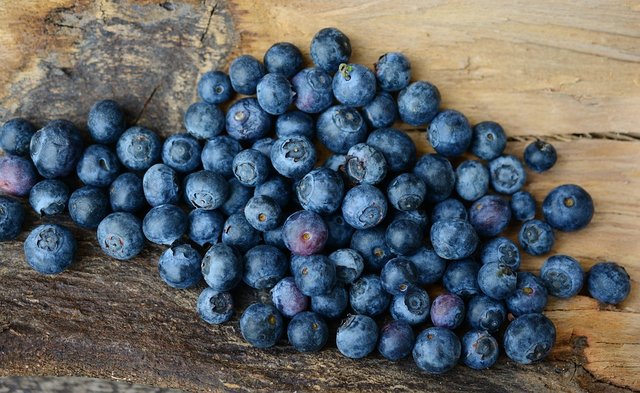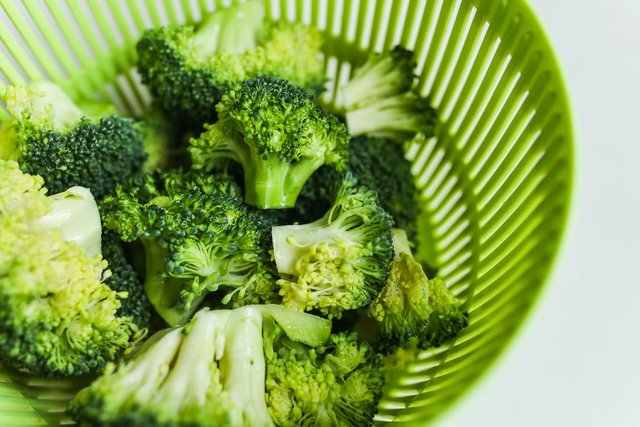Parkinson's disease is a neurodegenerative condition that affects movement, causing symptoms like tremors, stiffness, and difficulty with balance and coordination. While there is no cure for Parkinson's, a well-balanced diet rich in nutrients can help manage its symptoms and improve overall quality of life. Fruits and vegetables, in particular, offer a wide range of benefits due to their antioxidants, vitamins, and minerals. Here are three specific fruits and vegetables that can be especially helpful for individuals with Parkinson's:
1.Blueberries:

Blueberries are often referred to as "brain berries" due to their remarkable brain-boosting properties. They are packed with antioxidants, particularly anthocyanins, which have been associated with improved cognitive function and a reduced risk of neurodegenerative diseases, including Parkinson's.
Antioxidants: Blueberries are one of the richest sources of antioxidants among all fruits and vegetables. These antioxidants help combat oxidative stress, which is a key factor in the progression of Parkinson's disease. Oxidative stress can damage brain cells and exacerbate the symptoms of the disease.
Anti-Inflammatory Properties: Chronic inflammation is another factor that contributes to the development and progression of Parkinson's disease. Blueberries have potent anti-inflammatory properties that may help reduce inflammation in the brain and nervous system.
Neuroprotective Effects: Some studies suggest that the compounds in blueberries may have neuroprotective effects, potentially slowing down the loss of dopamine-producing cells in the brain, which is a hallmark of Parkinson's.
To incorporate blueberries into your diet, consider adding them to smoothies, oatmeal, yogurt, or simply enjoying them as a snack.
2.Broccoli:

Broccoli is a cruciferous vegetable that is rich in nutrients that can be particularly beneficial for individuals with Parkinson's disease.
Rich in Vitamin K: Broccoli is an excellent source of vitamin K, which plays a role in brain health. Some research has suggested that adequate vitamin K intake may help preserve cognitive function in people with Parkinson's.
Antioxidants: Broccoli is also a source of various antioxidants, including vitamin C and various phytonutrients. These antioxidants help protect brain cells from oxidative damage.
Fiber Content: Constipation is a common issue for people with Parkinson's disease. Broccoli is high in fiber, which can promote regular bowel movements and alleviate this symptom.
Detoxification: Broccoli contains compounds that support the body's detoxification processes, potentially aiding in the removal of harmful substances that can contribute to neurodegeneration.
Include broccoli in your diet by steaming, roasting, or adding it to stir-fries and salads. It's a versatile vegetable that can complement a wide range of dishes.
3.Sweet Potatoes:

Sweet potatoes are a nutritious and delicious addition to the diet of someone with Parkinson's disease.
Rich in Vitamin B6: Sweet potatoes are a good source of vitamin B6, which is essential for the production of dopamine, a neurotransmitter that is often depleted in people with Parkinson's. Adequate intake of vitamin B6 can help support dopamine production and potentially improve symptoms.
Carotenoids: Sweet potatoes are high in carotenoids, including beta-carotene, which has antioxidant properties that protect brain cells from oxidative stress.
Fiber and Complex Carbohydrates: Sweet potatoes provide a steady source of energy due to their complex carbohydrates and fiber content. This can help maintain stable blood sugar levels, preventing energy crashes that can exacerbate Parkinson's symptoms.
Potassium: Potassium-rich foods like sweet potatoes can help balance sodium levels in the body and support healthy blood pressure, which is important for overall cardiovascular health.
You can enjoy sweet potatoes by roasting them, making sweet potato fries, or even incorporating them into soups and stews.
While these fruits and vegetables offer potential benefits for individuals with Parkinson's disease, it's essential to maintain a well-rounded diet that includes a variety of nutrient-rich foods. Additionally, consult with a healthcare professional or a registered dietitian for personalized dietary recommendations tailored to your specific needs and symptoms. A comprehensive approach to managing Parkinson's includes not only nutrition but also medication, physical therapy, and other forms of support.
Read More: https://sites.google.com/view/wellness-for-your-health